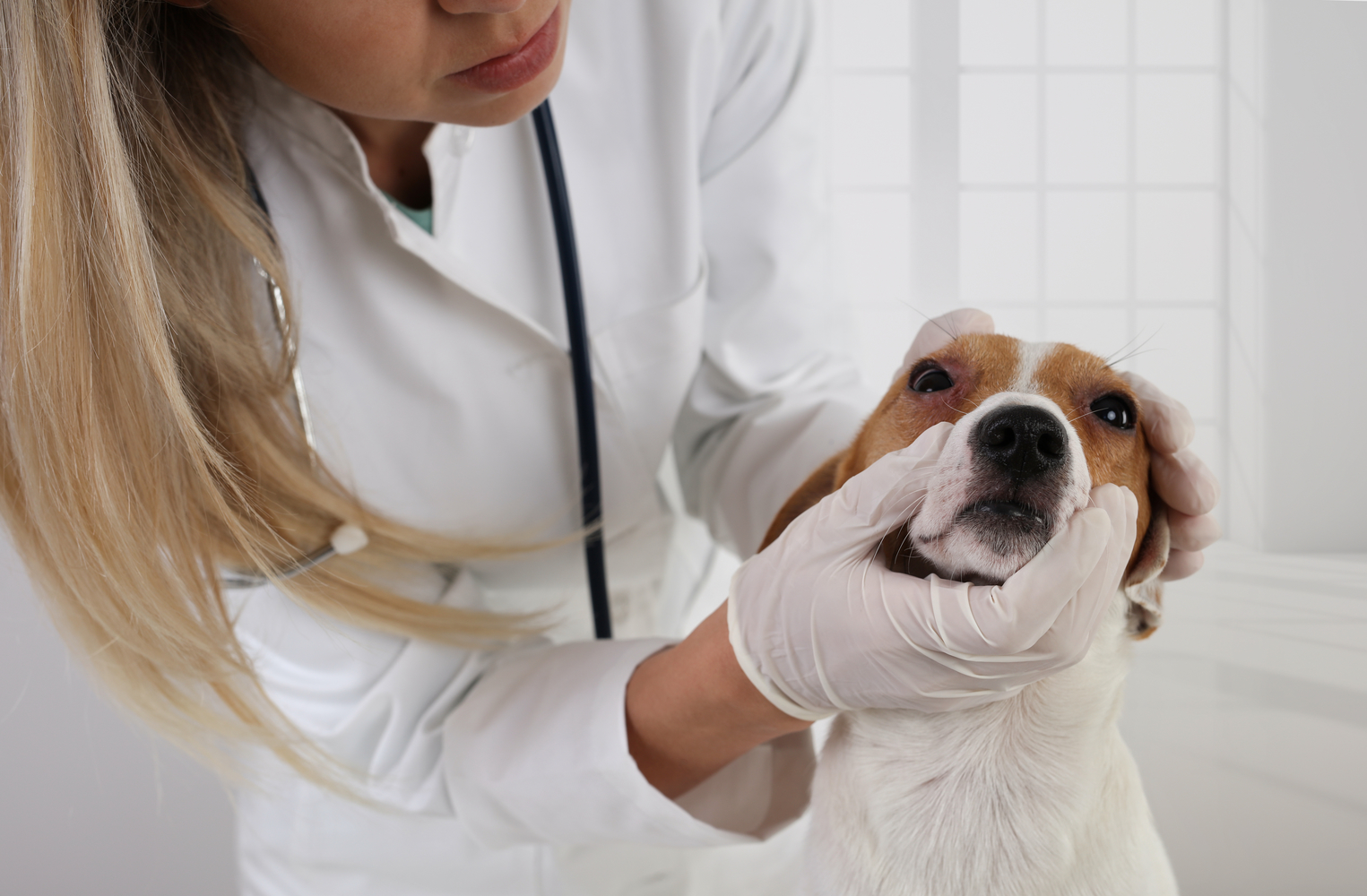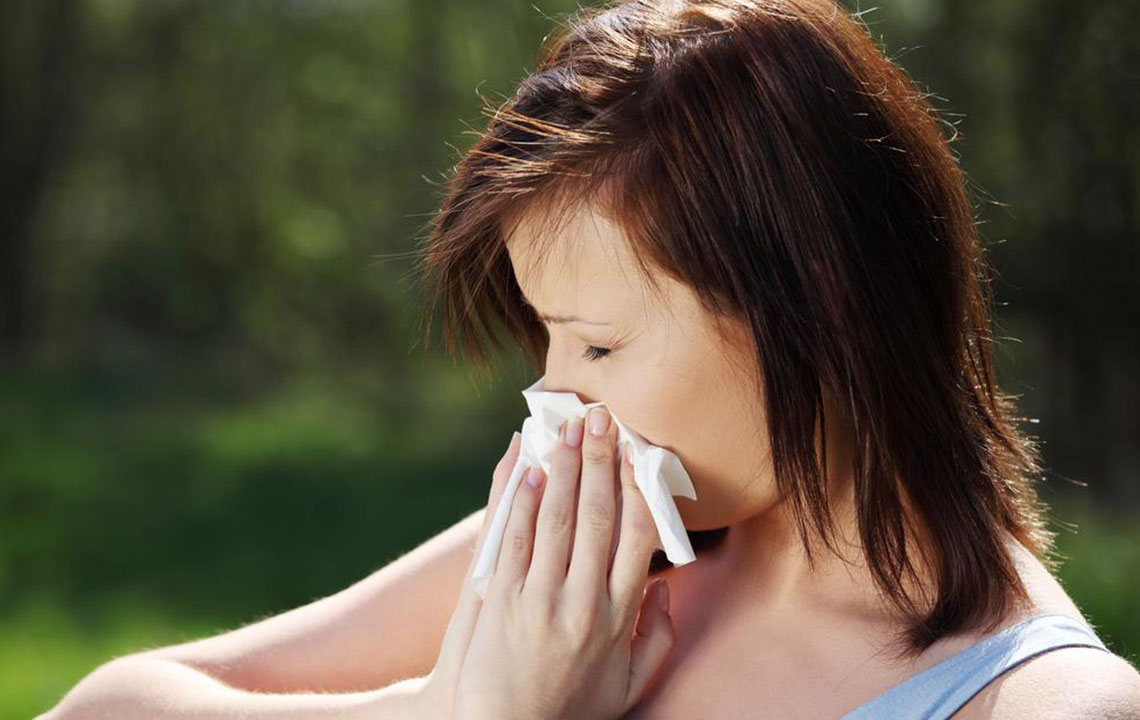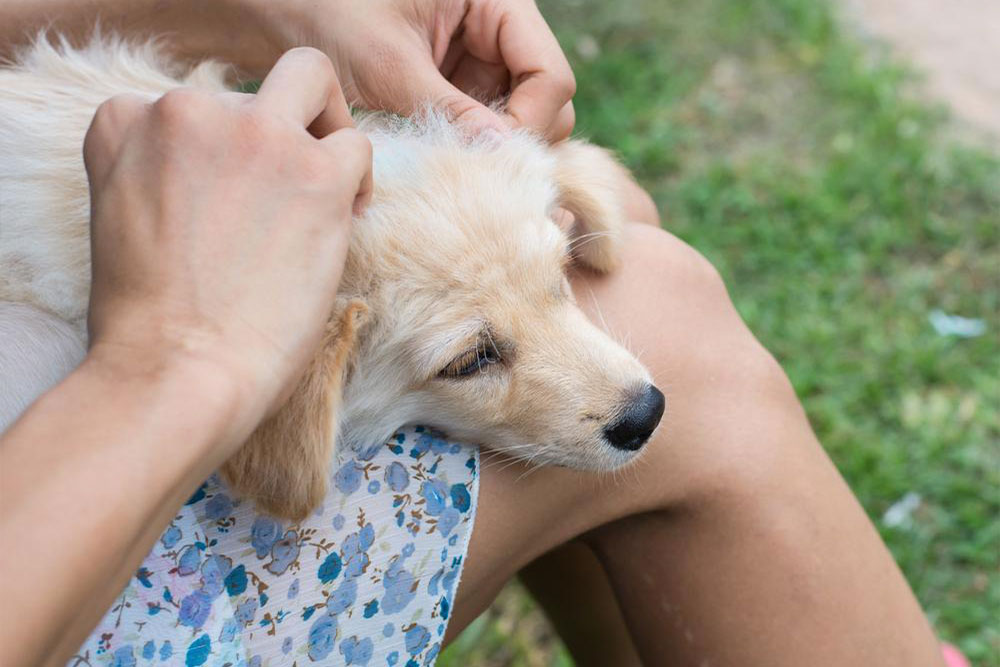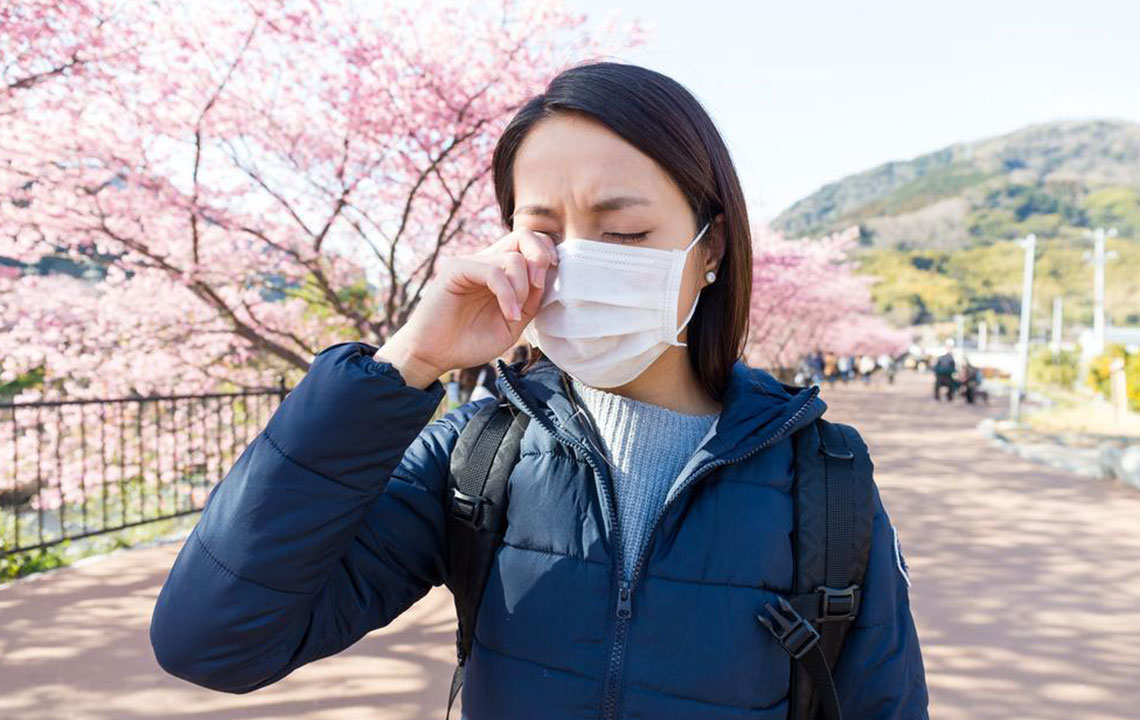Dog Allergies Explained: Causes, Symptoms, and Natural Remedies
Learn about common causes, symptoms, and natural remedies for canine allergies. This comprehensive guide helps pet owners identify allergies, recognize signs, and explore home treatments and essential oils to ease their dog's discomfort effectively.
Sponsored

Understanding Canine Allergies: Causes, Signs, and Treatments
Just like humans, dogs can suffer from allergic reactions. Identifying allergies in dogs can be challenging since their symptoms differ from ours. For instance, pollen might cause watery eyes in humans but lead to itchy paws and chewing behaviors in dogs. These varied reactions highlight how the same allergen can affect different dogs uniquely.
Dogs can be allergic to many substances, some of which overlap with human allergies. Occasionally, dogs may even be allergic to cats. This overview covers common causes, symptoms, and natural treatment options for canine allergies.
Main Causes of Allergies in Dogs
Dog allergies stem from numerous sources. Here are some common culprits; discovering the specific allergen involves elimination and observation.
Environmental Factors and Allergen Exposure (Atopy) – Allergens found indoors or outdoors can trigger reactions. Dogs may react to fabrics like wool or cotton, mold spores, dust mites, or household chemicals. Seasonal allergens such as pollen, weeds, and grasses may also cause issues, along with irritants like cigarette smoke. Dander, feathers, cockroaches, and plastics are additional common triggers.
Flea Allergy Dermatitis (FAD) – Flea saliva, not just bites, can cause allergies. Even a single flea can provoke persistent itching due to sensitivity. FAD results in inflammation regardless of flea numbers.
Are Some Breeds More Prone to Allergies?
Cocker Spaniels
German Shepherds
Poodles
Boston Terriers
Golden Retrievers
Doberman Pinschers
Bulldogs
Pit Bull Terriers
Pugs
Shar-Pei
While any breed can develop allergies, these tend to be more susceptible.
Common Signs of Allergic Reactions in Dogs
Excessive scratching and licking
Hair loss
Red, inflamed skin
Persistent ear infections
Skin lesions and scabs
Yeast infections of the skin
Home Remedies for Food Allergies
Prepare homemade meals or try raw diets
Ensure high protein content in your dog’s diet
Use elimination diets to identify specific food allergens
Consult your vet for safe natural supplements
Managing Environmental Allergies Naturally
Incorporate air purifiers in your home
Regular foot soaks with gentle solutions
Clean paws with a mix of apple cider vinegar and water to remove pollen
Use eco-friendly, non-irritant cleaning products
Using Essential Oils for Allergy Relief
Essential oils can alleviate skin allergies and reduce itching. Always dilute oils before use and consider specially formulated shampoos. Popular options include:
Sweet Marjoram for severe skin issues
Chamomile to soothe itching
Lavender to calm persistent scratching
Helichrysum for pain relief and healing
Primrose for anti-itch properties
Niaouli—use with caution






